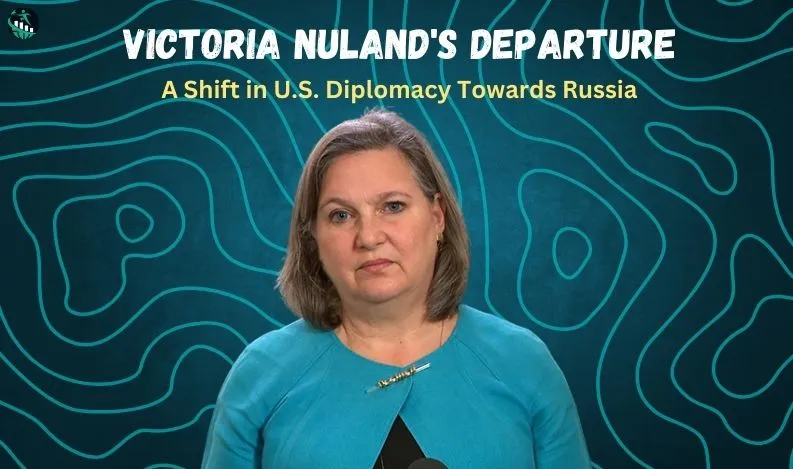
Victoria Nuland's Departure: A Shift in U.S. Diplomacy Towards Russia
The recent announcement of Victoria Nuland's retirement from her position as the third-ranking official at the U.S. State Department under the Biden administration has sent shockwaves through diplomatic circles. Nuland's departure comes at a critical juncture in global politics, particularly amidst escalating tensions between the United States and Russia.
Nuland's Diplomatic Journey
Victoria Nuland's career in diplomacy spans several decades and is marked by her unwavering dedication to promoting democracy and advancing U.S. interests on the world stage. Her notable roles include serving as the U.S. ambassador to NATO and later as the State Department spokeswoman under Secretary of State Hillary Clinton.
One of the defining moments of Nuland's career came during the 2013 unrest in Ukraine, where she played a pivotal role in garnering international support for the pro-democracy movement. Her hands-on approach, including distributing food to protesters on Kyiv's Maidan Square, exemplified her commitment to defending democratic values in the face of Russian interference.
Tough Approach to Russia
Nuland's tenure as a top State Department official was characterized by her tough stance on Russia. She was widely regarded as one of the administration's most vocal critics of Russian aggression and interference in global affairs. Her outspoken views often put her at odds with the Kremlin, which viewed her as a symbol of Western resistance.
Her leadership on Ukraine, in particular, drew both praise and condemnation from Russian officials. While her efforts to support Ukraine's sovereignty garnered support from allies, they also invited harsh criticism from Moscow, which saw her actions as a direct challenge to its interests in the region.
Internal Challenges and Departure
Despite her extensive experience and proven track record, Nuland faced internal challenges within the Biden administration that ultimately led to her decision to retire. Losing out on a permanent role as the deputy secretary of state was a significant blow and underscored the shifting dynamics within the State Department leadership.
Nuland's departure leaves a void in the top ranks of U.S. diplomacy, raising questions about the future trajectory of American foreign policy and its approach to managing geopolitical challenges, particularly in relation to Russia.
Looking Ahead
As Victoria Nuland prepares to step down from her role at the State Department, her departure signals a broader shift in U.S. diplomacy towards Russia. Moving forward, the Biden administration must navigate the evolving geopolitical landscape with strategic foresight and diplomatic acumen, recognizing the enduring challenges posed by Russian aggression.
While Nuland's absence will undoubtedly be felt, her legacy as a staunch defender of democratic values and a fierce critic of Russian aggression will continue to inspire future generations of diplomats and policymakers. As the United States recalibrates its approach to Russia, the lessons gleaned from Nuland's tenure serve as a reminder of the importance of principled leadership and steadfast commitment to defending freedom and democracy on the global stage.
Also Read:-



Recent Comments: